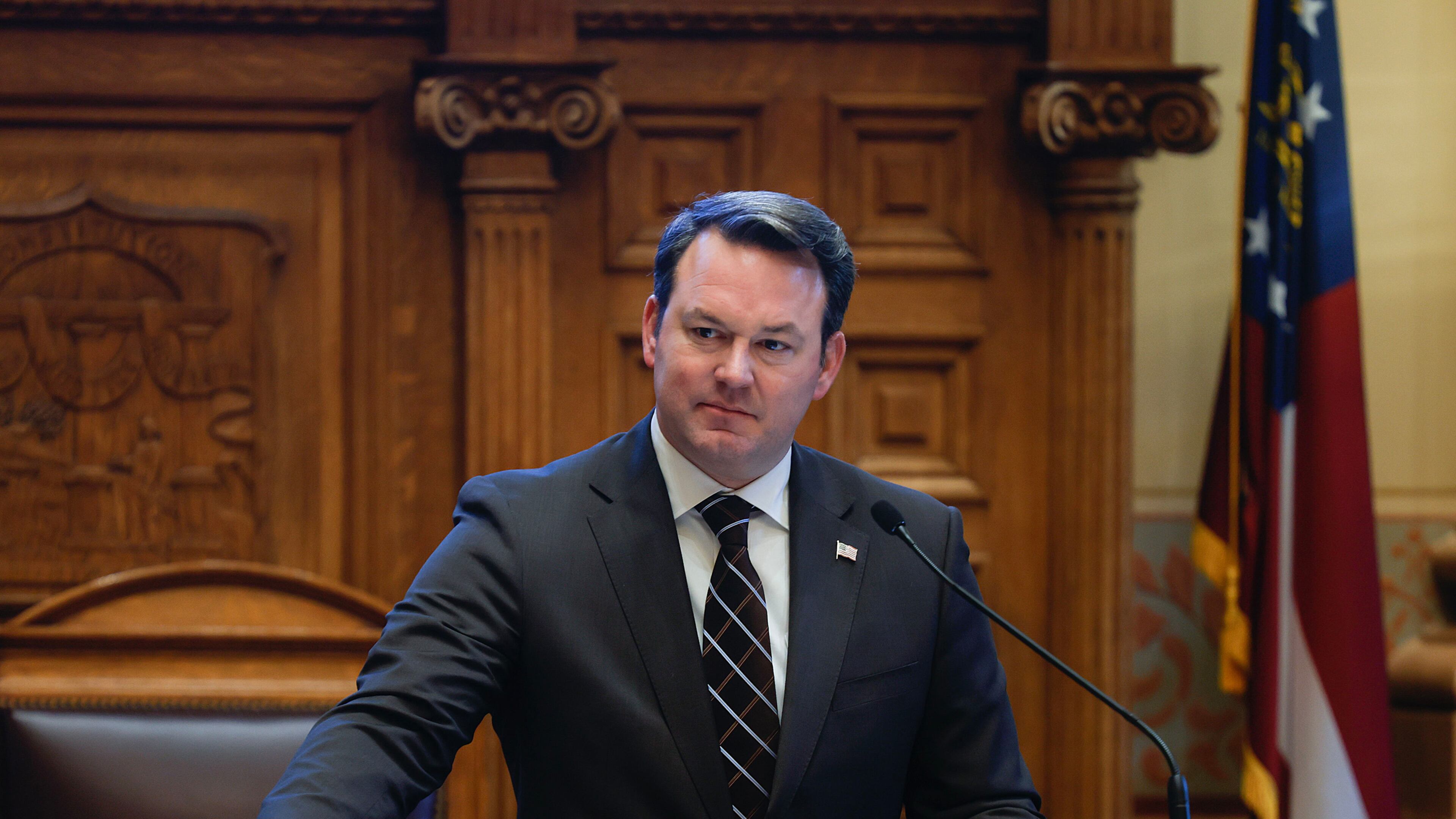Georgia Senate looks to curb cyberbullying in schools

With students returning to school, Georgia Lt. Gov. Burt Jones announced plans to crack down on bullying through social media.
The internet — and the communications platforms that have developed on it — is a wonderful tool, the leader of the Senate said of his new education priority, “but it also, in the wrong hands, can be a very dangerous little tool.”
He told reporters Monday that Sen. Jason Anavitarte, R-Dallas, would be introducing legislation early next year to regulate students’ use of the platforms.
Anavitarte, the chair of the Senate’s Republican caucus, said the legislation will be modeled after existing laws in states that have not been sued over alleged violation of the First Amendment. He offered few details, noting that the legislation was still being drafted. But he did say “age verification” for some services would be required.
Current Georgia law addresses bullying through computers and “electronic communications.” Repeat offenders in middle and high school must be sent to an alternative school, the law says. But that code section hasn’t been updated since 2016.
Jones said lawmakers want to partner with companies such as Microsoft and Google, in hopes of finding “best practices.” His office said in a later statement that the legislation would require social media companies “to remove features they know or find to be addictive to children.”
Various reports have detailed the efforts of social media companies to produce an addictive product in order to sell advertising. “The Social Dilemma,” a documentary on Netflix for instance, reported on the software engineering involved in winning and maintaining attention — “the dangerous human impact of social networking, with tech experts sounding the alarm on their own creations.”
Marietta Superintendent Grant Rivera pointed to that film and to the book “Stolen Focus” when he asked his teachers and administrators to enforce a classroom ban on smartphones.
“You have the world’s smartest people working around the clock to keep you addicted to their platform so therefore they can make money,” he told hundreds of his staffers at an assembly in late July. He said his own self-discipline was no match for “the entire team at Facebook and Google and everywhere else who is manipulating what I do on my phone,” adding, “if I can’t control it and you can’t control it, what hope do we have for our teenagers?”



